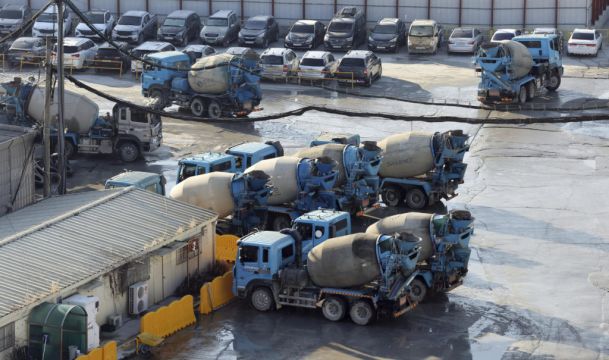South Korea’s government has expanded its back-to-work orders against thousands of truck drivers who are staging a nationwide walkout over freight fare issues, saying a prolonged strike could inflict “deep scars” on the country’s economy.
The “work start” orders on steel and fuel truckers were inevitable because the strike could begin to hurt major export industries like automobiles and shipbuilding if it extends further, the country's finance minister Choo Kyung-ho said in a news conference.
The strike’s impact has so far been mostly limited to domestic industries like construction.

The orders, which were initially issued on November 29th on some 2,500 cement truckers, were expanded to about 6,000 drivers transporting steel and 4,500 transporting fuel and chemicals.
Police are also clamping down on unionists who threaten or disrupt colleagues who choose to work.
The widening of the orders came even as the strike’s impact was diminishing entering its third week, with container traffic at the country’s major ports recovering pre-strike levels and cement supplies resuming at construction sites.
The conservative government of president Yoon Suk Yeol has taken aggressive steps to ease delays in industrial shipments by mobilising nearly 200 military vehicles, including containers and fuel trucks.
Strikers represented by the Cargo Truckers Solidarity union walked out on November 24th, demanding the government make permanent a minimum freight rate system that is set to expire at the end of 2022, which they say is crucial for safety and financial stability in the face of rising fuel costs.







